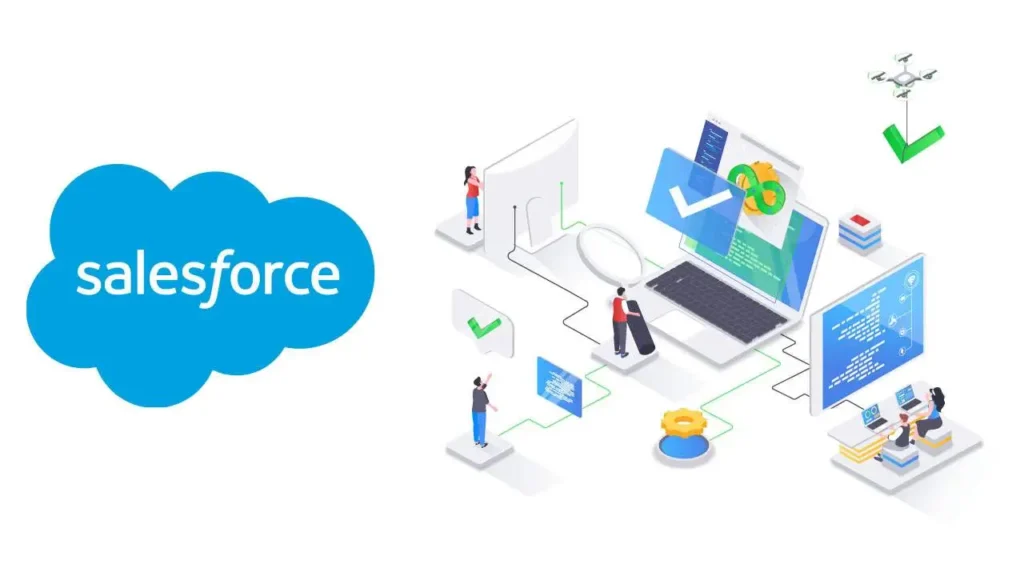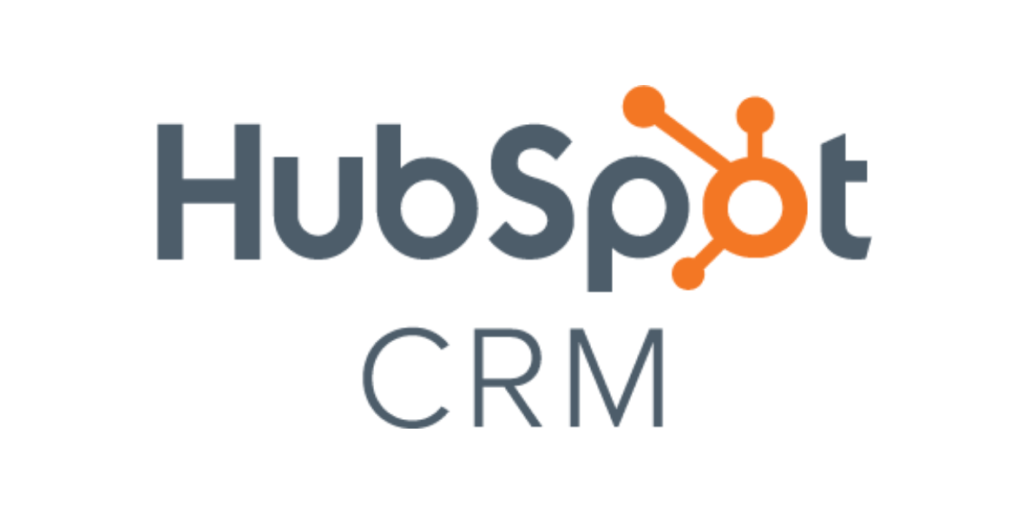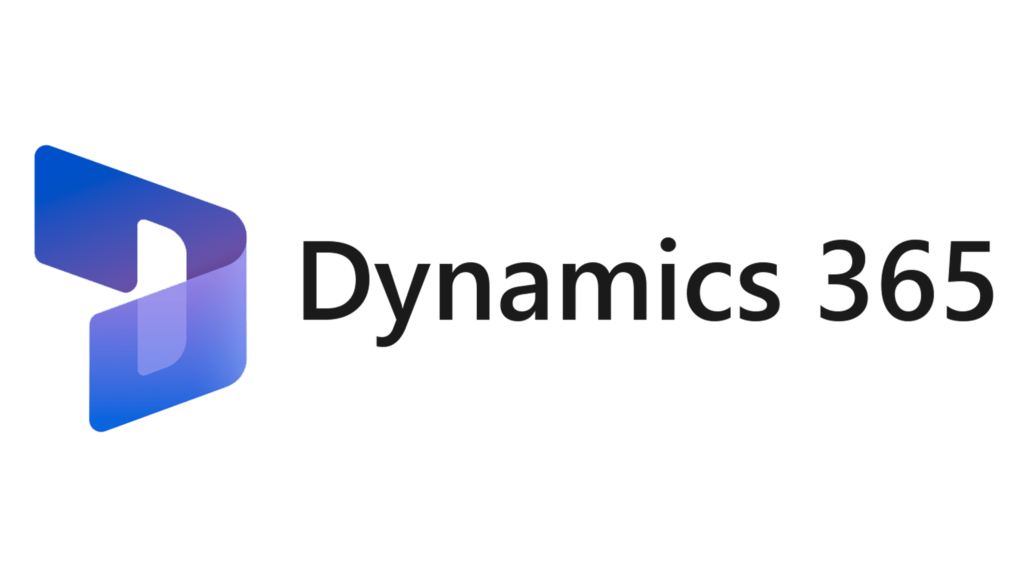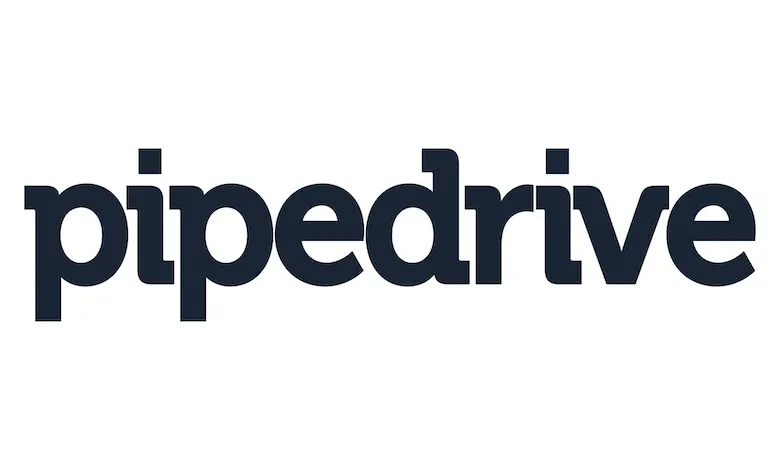What is CMS Software?
Content management system (CMS) software allows users to create, manage, and publish digital content without any extensive coding. It is commonly used for websites and blogs, providing tools for editing, organizing, and designing pages. Popular CMS options include WordPress, Joomla, and Drupal.
1. Salesforce
Overview:
Salesforce is often considered the gold standard in CRM solutions. It is a cloud-based platform that provides a comprehensive suite of tools for sales, marketing, and customer service.

Key Features:
- Customizable dashboards: Users can create personalized dashboards to track key performance indicators (KPIs).
- Automation: Automate repetitive tasks, including follow-ups and reminders.
- Integrations: Integrates with various third-party apps like Mailchimp, Google Workspace, and others.
- Mobile access: Full mobile functionality allows users to manage their CRM on the go.
Pros:
- Highly customizable to meet specific business needs.
- Extensive app marketplace (AppExchange) for additional functionalities.
- Robust reporting and analytics capabilities.
Cons:
- Can be expensive for small businesses, especially with add-ons.
- The learning curve can be steep for new users.
Pricing:
Starts at $25 per user per month for the Essentials plan, and more comprehensive plans range from $75 to $300 per user per month.
Ideal use case: Best suited for medium to large enterprises that need a robust, customizable solution and have the resources to implement and maintain it.
2. HubSpot CRM
Overview:
HubSpot CRM is known for its user-friendly interface and robust features that are free to start. It seamlessly integrates with HubSpot’s marketing, sales, and service software.

Key Features:
- Free Tier: Offers a free version with basic CRM functionalities.
- Email Tracking: Track email opens and clicks directly from the CRM.
- Lead Management: Organize leads based on user behavior and automate follow-ups.
- Integrations: Connects to other HubSpot tools and various third-party apps.
Pros:
- Intuitive and easy to use, even for beginners.
- Robust inbound marketing features.
- The free version offers significant capabilities.
Cons:
- Limited features in the free version compared to paid plans.
- May require paid add-ons for advanced functionalities.
Pricing:
Free for basic CRM features; paid plans start at $50 per month, rising to $3,200 per month for the Enterprise plan.
Ideal Use Case: Ideal for small to medium-sized businesses looking for an easy-to-use, cost-effective CRM solution that integrates well with marketing tools.
3. Zoho CRM
Overview:
Zoho CRM is a feature-rich software that offers a wide range of tools to manage customer relationships. It meets the needs of businesses of all sizes and offers a wide range of customization options.

Key Features:
- Multichannel Communication: Manage customer interactions across email, social media, and phone.
- AI-Powered Insights: Zoho’s AI, Zia, provides predictive sales analytics.
- Customization: Highly customizable modules to meet different business needs.
- Workflow Automation: Automate repetitive tasks to save time.
Pros:
- Affordable pricing tiers, making it accessible to small businesses.
- Comprehensive feature set for sales, marketing, and customer support.
- Good integration with other Zoho applications.
Cons:
- The user interface can be less intuitive than competitors.
- Some advanced features can be challenging to implement.
Pricing:
Starts at $12 per user per month for the Standard plan, while advanced plans cost up to $100 per user per month.
Ideal Use Case: Best for small to medium-sized businesses looking for a cost-effective solution with a wide range of features.
4. Microsoft Dynamics 365
Overview:
Microsoft Dynamics 365 combines CRM and ERP functionalities, making it perfect for organizations that need more than just customer management. It’s especially beneficial for those who are already using Microsoft products.

Key Features:
- Integration with Microsoft products: Seamless integration with Office 365, Outlook, and Teams.
- AI and Analytics: Built-in AI capabilities for predictive insights and reporting.
- Customizable workflows: Customize workflows for specific business processes.
- Multi-channel engagement: Manage customer interactions across different channels.
Pros:
- Strong integration with the Microsoft ecosystem.
- Powerful analytics and reporting tools.
- Flexible pricing and deployment options.
Cons:
- High price point, especially for small businesses.
- Complexity can be overwhelming for users not familiar with Microsoft products.
Pricing:
Pricing for the Sales Professional plan starts at $65 per user per month, while Enterprise plans reach up to $210 per user per month.
Ideal Use Case: Suitable for medium to large enterprises that need robust CRM and ERP capabilities, especially those already using Microsoft services.
5. Pipedrive
Overview:
Pipedrive is a sales-focused CRM designed to help teams manage leads and deals effectively. Its visual interface is tailored for sales professionals.

Key Features:
- Pipeline Management: Visualize sales pipelines and track deal stages.
- Email Integration: Integrate email communications directly into the platform.
- Customizable Reporting: Generate reports based on specific metrics and KPIs.
- Automation: Automate repetitive tasks to streamline sales processes.
Pros:
- User-friendly interface that is easy to navigate.
- Strong focus on sales processes and deal management.
- Affordable pricing compared to other solutions.
Cons:
- Limited features for marketing and customer support compared to other CRMs.
- May require integrations for a more comprehensive solution.
Pricing:
Starts at $15 per user per month for the Essentials plan, with more advanced options costing up to $99 per user per month.
Ideal use case: Best suited for small to mid-sized sales teams looking for a straightforward, sales-driven CRM.
Read More. Salesforce Software Review: Advantages and Disadvantages. Top Best 6 CMS Software Reviews Site [2024]
6. Freshsales
Overview:
Freshsales, part of the Freshworks suite, offers a CRM solution that combines sales automation with AI-driven insights. It’s designed for businesses looking to streamline their sales process.

Key Features:
- AI-based lead scoring: Prioritize leads based on engagement and likelihood of conversion.
- Built-in phone and email: Communicate directly from the platform without the need for additional tools.
- Visual sales pipeline: Easy tracking of leads through customizable pipelines.
- Reporting and analytics: Deep insights into sales performance and customer behavior.
Pros:
- Affordable pricing with robust features.
- Intuitive user interface that simplifies CRM usage.
- Excellent customer support.
Cons:
- Limited advanced marketing tools compared to dedicated marketing CRMs.
- Some users report occasional bugs or slow performance.
Pricing:
Pricing starts at $15 per user per month, with more advanced features available in higher tiers.
Ideal Use Case: Suitable for small to medium-sized businesses seeking a comprehensive sales-focused CRM solution.


![6 Best Software Review Sites [2024] 6 Best Software Review Sites [2024]](https://mobile46.in/wp-content/uploads/2024/11/best_apps_37-640x320.jpg)





